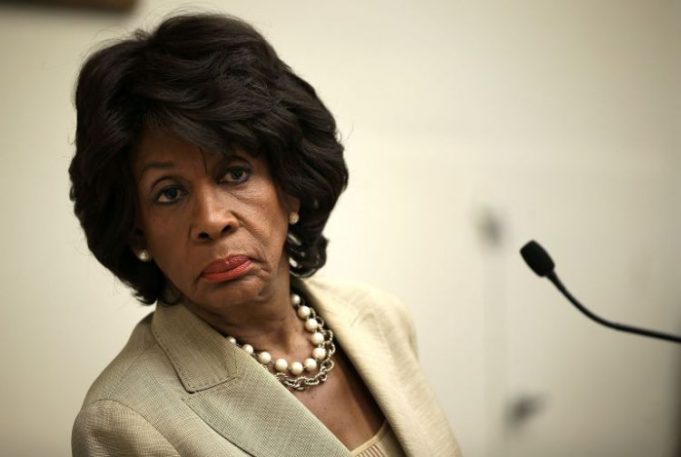When I was a child growing up, I can remember parents and other adults telling me not to be bothered by people calling me names. The old adage that I’ll bet many of you also heard was, “Sticks and stones may break my bones but names will never hurt me!”
But, the truth is names do hurt and not having control over your name can hurt even more. From the time African descent people were brought to the United States, we have been fighting for the right to our names. Our ancestral names were the first names we lost. No longer being known as Fanta or Ibahim or Kofi or N’Zinga we became Pearlie or Jupiter or Rufus or Callie. Our cultural names were also taken. We were no longer Ibo, Yoruba, Fulani, Mende or one of the other close to 100 ethnic group names we knew in our native lands.
Now we became the most hated name in the English language. We became the N-word! This stealing of our names represents a stealing of our identities and it is the reason black people in the United States have struggled long and hard with what to call ourselves. We “upgraded” to “Negro” and then on to “Colored” and then “Black” and more recently “African American.” We’ve changed our name so often because none of these “upgrades” truly replaces the names of our ancestral heritages.
Being called out of one’s names is not only about calling out racist, sexist, or homophobic slurs. It is about the power and control to chart one’s own destiny.
Because naming is so important to human identity, black people often use creative and special names for their children. We often reject more generic sounding names like John, Tom, Bill, Mary, or Betty for D’Andre, Shumar, L’Tonya, or Qiana as a way to speak to our style and distinctiveness. However, instead of being celebrated for this creativity, our children are often demonized and ridiculed for their names. Their teachers may pretend not to be able to pronounce their names and resort to “changing” their names to suit their purposes. Employers may ascribe certain negative attributes to people because of their names. A study of MBA job candidates demonstrated that potential employers regularly rejected resumes from people with “black-sounding” names even when the education, experiences, and qualifications are equal to those of candidates with “white-sounding” names.
The other day I listened to a radio interview with a respected member of our community about a racial justice coalition he heads. The coalition addresses racial disparities in education, health, incarceration, employment, and leadership in our so-called liberal, progressive community. When the phone lines opened, a caller wanted to know why the coalition had the word “anger” in it. “Don’t you think that name is too negative?” he asked.
This is a classic example of white people attempting to decide for us who we should be. It is reminiscent of the uproar over the coalition of activists who have decided to declare that “Black Lives Matter!” Those three words have caused many white people to be upset. Why does it bother folks that black people want to “matter”? The phrase does not say “black lives are more important than other lives.” It does not say “black lives are more worthy than other lives.” Saying black lives matter is just our way of saying we have a right to exist!
The appropriation and distortion of the phrase to become, “All lives Matter” is an insult to the point and purpose of this movement. Black lives matter was chosen to commemorate the murdered, unarmed black people (at the hands of law enforcement), not to make white people feel comfortable. We need you to stop calling us outta our names!




























